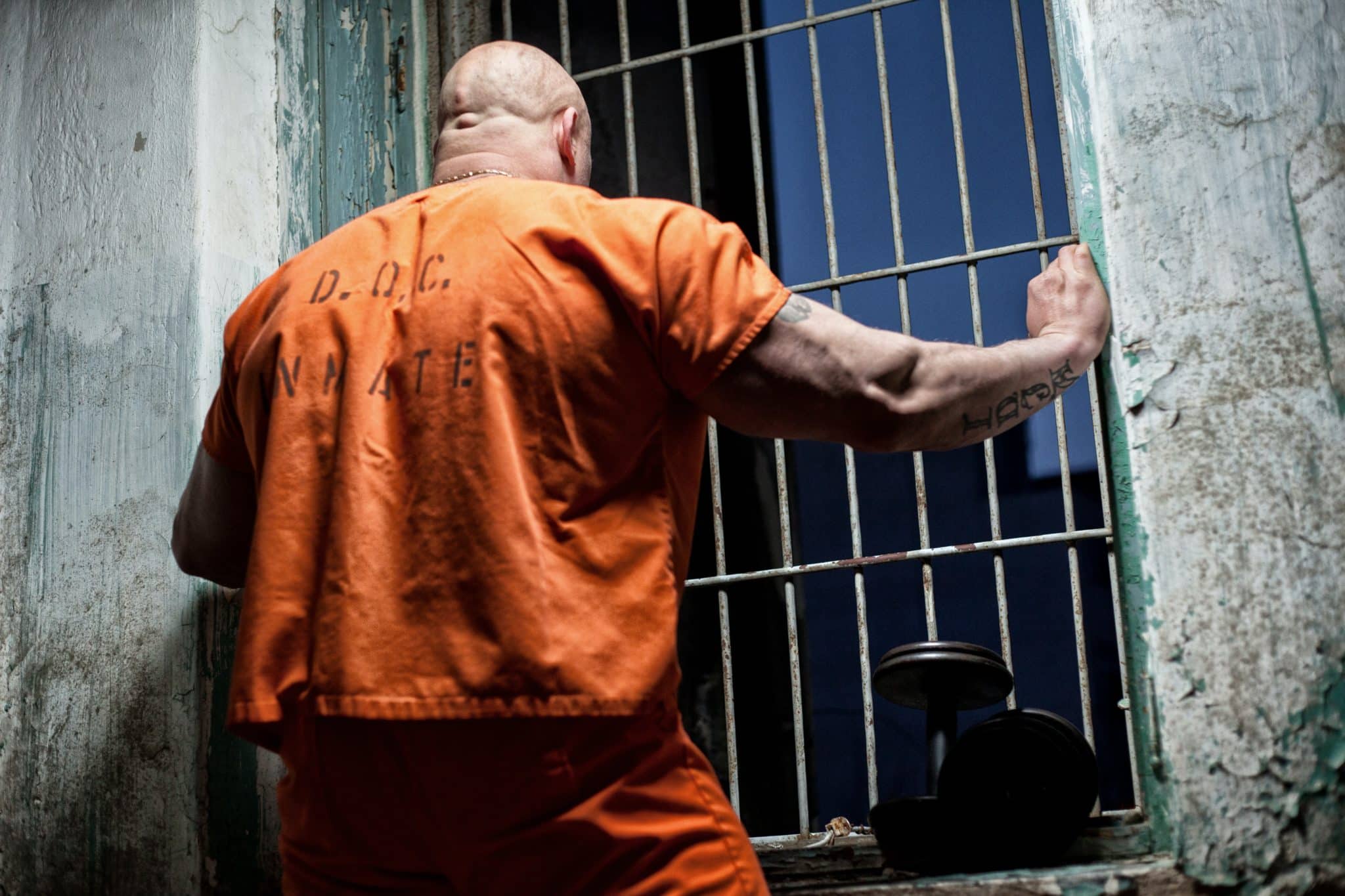The onset of the COVID-19 pandemic in late-2019 and early-2020 came at a time when the prison system in the U.S. was already dangerously overcrowded. Calls for the radical restructuring of the jail and prison systems have taken on increased desperation because of the impact of COVID-19 on the inmates of the U.S. Mental health has become a talking point in mainstream society during the COVID-19 pandemic has led to members of the community succumbing to problems with feelings of isolation and loneliness. Benjy Grinberg is taking a different approach to mental health by taking a look at the concerns of the prison and jail communities.
Stress is a Pandemic Problem
The issue of stress is not one that is limited to the inmate population of the U.S. The stress that is being felt by people all over the U.S. and the wider world is being brought about by the lack of social interaction that is being seen between people of all ages. The CDC reports the feeling of fear over what the new normal will look like is causing mental health issues for the majority of people around the world. Coupling this with a feeling of isolation from everyday life and the problem of mental health is causing issues with health issues growing worse and the risk of substance abuse growing with time.
Facing COVID-19 in Jail
The prison inmate population has been one of the least considered during the COVID-19 pandemic, but this is an area where the effects of COVID-19 have been felt the hardest. The American Medical Students Association has reported a number of statistics regarding the effects of COVID-19 on the prison inmate population.
Benjy Grinberg has been shocked by the fact the members of the inmate population have a more than five times higher rate of COVID-19 infection than the rest of the general U.S. population. The death rate is also higher than in the general population with three times more fatalities reported among inmates than other U.S.-based groups. If you accept the general population of the U.S. is being affected by isolation issues linked to COVID-19, you will see the inmate population will be as negatively affected by a feeling of fear over the onset of the pandemic.
Anxiety Rises over COVID-19
The high rate of infection in the U.S. jail system has been bringing new mental health issues to the jail and prison population. There are reports of the inmate population in the U.S. struggling with the fear and stress of facing COVID-19 with no hope of escaping the health issued associated with the pandemic. Psychology Today explains reports from prison officials state the majority of prison inmates and workers are seeing a decline in their mental health due to the close proximity they have to those infected with the virus.
The feeling of anxiety that has been moving through the inmate population is giving rise to an epidemic surrounding the mental health of prisoners and prison staff. The prison population has always had a difficult time when it comes to handling mental health issues with the lack of essential services caused by the pandemic leading to a high percentage of those prescribed medications for their mental health issues not given access to these drugs when serving their sentence.
Essential Services are being Denied
As an advocate for a greater understanding of mental health issues, Benjy Grinberg understands access to essential services is one of the keys to remaining healthy throughout any period of time. In jail, the chances of an inmate receiving adequate assistance are limited. The COVID-19 pandemic has made the access to essential services even more limited with many jails and prisons eliminating their use completely.
In the past, inmates may not have been given access to the services they require at all times, but with COVID-19 sweeping through the inmate population, this access has been cut even more dramatically with limited or no access for those seeking pastoral, educational, or visits with therapists.
Visits have been Slashed
There are few issues that can leave a person as isolated or unhealthy as not being able to have access from their loved ones. Inmates have seen their access to traditional visits limited as the spread of COVID-19 continues within the jail and prison population. By removing the ability of inmates to see their loved ones, most are struggling to cope with the fear and stress they feel as the virus spreads among them and the workers within each correctional facility.
